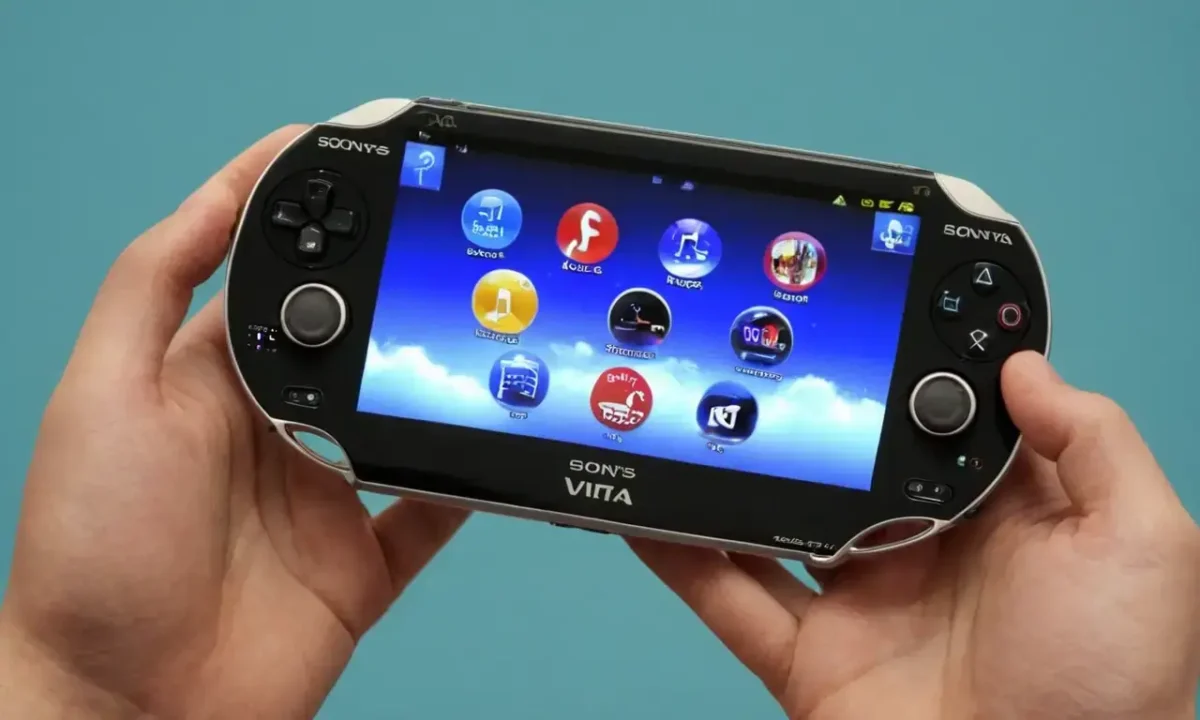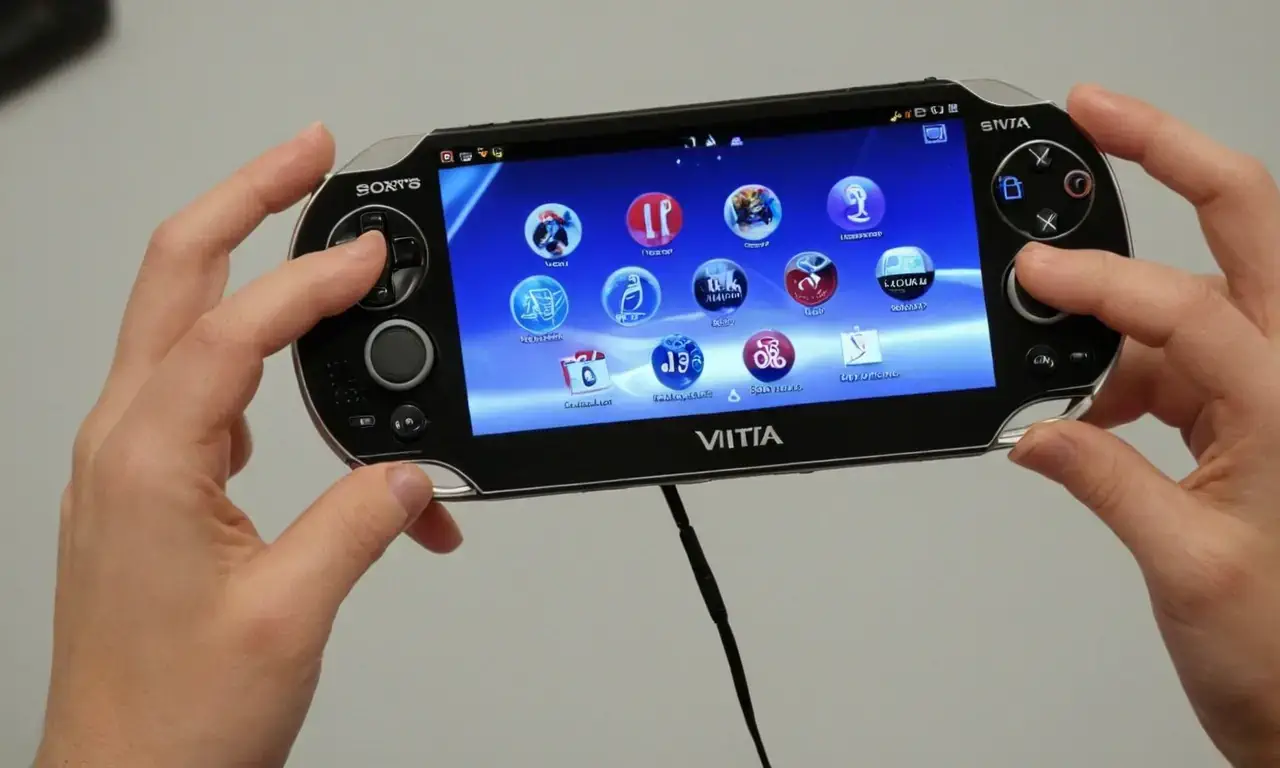
PlayStation Vita: Why Sony's Portable Failed

The PlayStation Vita (PS Vita) was a handheld gaming device released by Sony in 2011. It boasted impressive specs, including a vibrant OLED screen and powerful processor, promising to deliver console-quality gaming experiences on the go. However, despite its initial success with titles like "Uncharted: Golden Abyss" and "Wipeout 2048," the PS Vita ultimately failed to achieve widespread adoption and left Sony scrambling to find its footing in the portable gaming market. This article delves into the reasons behind the PS Vita's downfall, exploring factors such as a lack of exclusive titles, Nintendo's success with the 3DS, and Sony's neglect of the device.
The objective of this article is to provide a comprehensive analysis of why the PlayStation Vita failed. We will examine the key challenges faced by the console, including its limited game library, delayed response to competitor advancements, and ultimately, Sony's lack of commitment to the platform. By understanding these factors, we can gain valuable insights into the complexities of the gaming industry and how even innovative technology can fail without a strong strategic foundation.
PlayStation Vita's Potential and Early Success
The PS Vita was launched in 2011 with high expectations. It offered a unique blend of features that set it apart from other handheld consoles, including a vibrant OLED screen, a robust processor capable of handling demanding games, and a touchscreen interface for intuitive gameplay. This combination allowed developers to create titles like "Uncharted: Golden Abyss" and "Wipeout 2048," which showcased the PS Vita's potential for delivering console-quality experiences on the go.
These early successes fueled excitement among gamers and media alike. The PS Vita quickly became a popular choice for players seeking portable gaming experiences, particularly those who enjoyed playing AAA titles like "LittleBigPlanet" and "Gravity Rush." However, despite its initial promise, the PS Vita's journey was marred by several challenges that ultimately led to its downfall.
Lack of Exclusive Titles and Sony's Neglect
One of the most significant factors contributing to the PS Vita's failure was its lack of exclusive titles. While the console boasted a strong library of games, many were third-party titles or ports of existing console releases. This limited the platform's appeal as players sought unique experiences that set it apart from competitors like Nintendo's 3DS and the mobile gaming scene.
Sony's focus on mobile gaming and their slow response to the PS Vita's struggles further hindered its success. The company seemed to have lost sight of the device's potential, neglecting to invest in developing truly innovative games that would have cemented the PS Vita's place in the market. This lack of commitment ultimately led to a decline in game development for the platform, further contributing to its downfall.
The 3DS's Lessons Learned from Nintendo
Nintendo's success with the Nintendo 3DS provides a valuable case study for Sony's mistakes. Released in 2011, the 3DS faced similar challenges at launch but learned from its predecessors. Nintendo quickly addressed the initial lack of exclusive titles by focusing on building a strong library of unique games that appealed to both casual and hardcore players.
The 3DS introduced innovative features like augmented reality gaming and a vibrant selection of titles like "Super Mario 3D Land" and "Pokémon X & Y." This strategy proved successful for Nintendo, allowing them to establish the 3DS as a major player in the portable gaming market. In contrast, Sony's lack of focus on developing unique games for the PS Vita ultimately contributed to its failure.
Impact of Sony's Actions on the Vita's Fate

Sony's actions played a significant role in the PS Vita's demise. Despite being a major player in the gaming industry, they seemed to have forgotten about the device entirely. Their lack of support for the platform resulted in limited software updates and a slow response to competitor advancements.
The PS Vita was essentially abandoned by Sony after its initial release. The company failed to capitalize on the console's potential, leading to a decline in game development and a general sense of apathy towards the device. This neglect ultimately contributed to the PS Vita's downfall, as it became clear that Sony had no intention of reviving the platform.
Challenges Faced by the Vita Compared to Other Consoles
The PS Vita faced several challenges compared to other consoles like the Nintendo 3DS and mobile gaming platforms. The lack of a dedicated app store for the PS Vita hindered its ability to compete with devices like smartphones, which offered access to a vast library of games and applications.
Furthermore, the PS Vita's focus on handheld gaming meant it lacked the same level of processing power as consoles like the PlayStation 4 or Xbox One. This limited the console's ability to run demanding AAA titles, making it difficult for developers to create truly immersive experiences. Despite these challenges, the PS Vita still managed to carve out a niche in the market, but its failure ultimately highlights the importance of strategic development and marketing in the gaming industry.
The Importance of Game Development for Console Longevity
The success or failure of any console is largely dependent on the quality and diversity of its game library. A strong selection of exclusive titles can help differentiate a console from competitors and attract dedicated players. Conversely, a lack of innovative games can lead to stagnation and ultimately result in the device's demise.
Sony's neglect of the PS Vita demonstrates this crucial point. Despite its initial promise, the platform failed to develop a unique identity or attract a loyal player base due to a lack of focus on game development. This highlights the importance of prioritizing game development for any console seeking long-term success in the competitive gaming market.
Conclusion
The PlayStation Vita was a promising handheld console that ultimately failed to achieve widespread adoption. Despite its initial success with titles like "Uncharted: Golden Abyss" and "Wipeout 2048," Sony's lack of focus on game development, their delayed response to competitor advancements, and their neglect of the platform ultimately led to its downfall.
The PS Vita serves as a reminder that innovation is key in the gaming industry. Developers must prioritize creating unique experiences that set their consoles apart from competitors and attract dedicated players. By focusing on developing high-quality games, companies can ensure their platforms remain relevant and successful for years to come.
Leave a Reply





Related Links